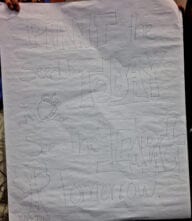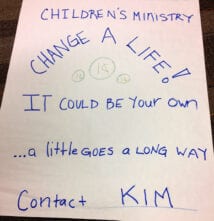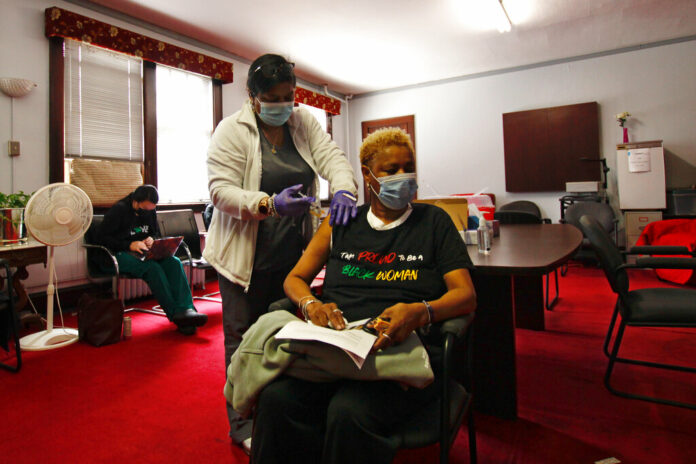President Joe Biden and Vice President Kamala Harris signed a bill into law that makes Juneteenth a national holiday. It is the first time since Ronald Reagan made Martin Luther King Jr. Day a federal holiday in 1983 that a new national holiday has been established. Juneteenth National Independence Day is the twelfth legal public holiday in the United States.
The new bill overwhelmingly passed both the Senate and the House. The only opposition came from 14 Republicans in the House who voted against it.
Juneteenth’s History
Juneteenth, which takes place every year on June 19, commemorates the end of slavery in the United States and was first recognized as a state holiday by Texas in 1980.
In the middle of the Civil War (1861-1865), President Abraham Lincoln’s Emancipation Proclamation went into effect on January 1, 1863, declaring freedom for slaves in 11 Confederate states. The proclamation did not free all of the slaves in the U.S. (there were about four million), just those in Confederate states that were not under Union control. Slavery was not officially abolished until after the Civil War ended in the spring of 1865 when the 13th Amendment of the Constitution was ratified on December 6 of that year.
Prior to the ratification of the 13th Amendment, Union Major General Gordon Granger arrived in Galveston, Texas, and on June 19, 1865, announced that the slaves in that state were free. Slaves in Texas should have been free already because of the Emancipation Proclamation, but slavery had continued in the state, which did not see much fighting or many Union troops during the war. Some slave owners even moved to Texas, seeing it as a place of refuge.
Regarding the decision to make Juneteenth a national holiday, President Biden said, “I think this will go down, for me, as one of the greatest honors I’ve had as president.” Vice President Harris told those at the bill’s signing, “We have come far, and we have far to go. But today is a day of celebration.”
During his speech at the event, the president said the holiday isn’t just a celebration of the past, but that it also calls for “action today.” Biden continued, “Great nations don’t walk away. We come to terms with the mistakes we’ve made.”
South Dakota is currently the only state that doesn’t recognize Juneteenth as either a state holiday or a day of observance.
Christian author Jemar Tisby, known for his works “The Color of Compromise” and “How to Fight Racism,” celebrated the news, but warned that some will use the decision as an opportunity to downplay or perpetuate the racial brokenness that still exists in our country. “Get ready for appropriation,” he said. “Get ready for commercialization. Get ready for easy narratives of American exceptionalism and tropes about inevitable racial progress, get ready for a white backlash that tries to glorify the Confederacy. Be prepared and protect your joy.”
Jesse T. Jackson contributed to this article.







































